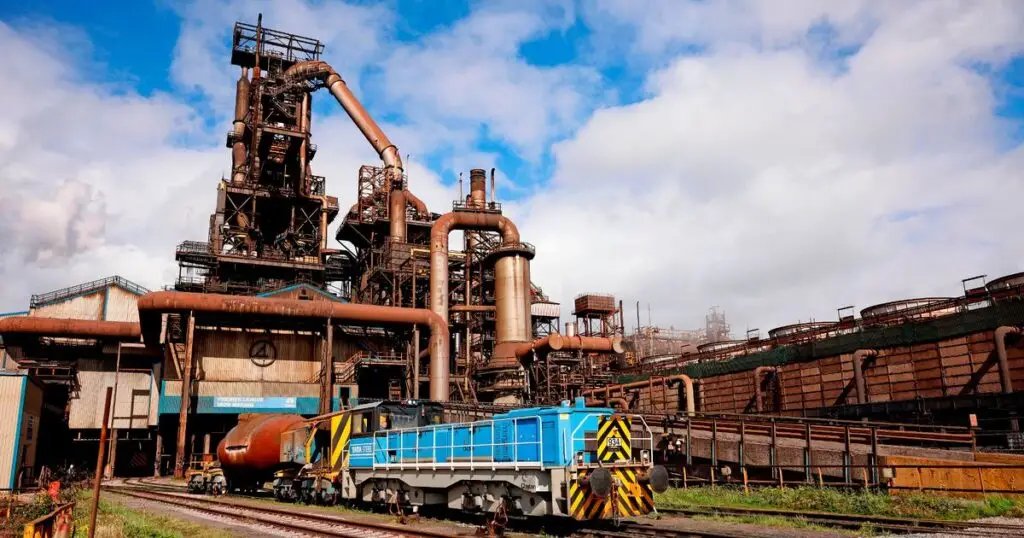Today marks a significant turning point for Port Talbot as the last blast furnace ceases operations. This change brings an end to over a century of heavy steelmaking at the site.
The transition to electric arc furnace technology signals a new era in steel production at Port Talbot, aligning with modern environmental standards and economic necessities.
End of an Era
Heavy steelmaking at Port Talbot is drawing to a close today as the last remaining blast furnace ceases to operate. Indian-owned Tata Steel UK is transitioning to a greener electric arc furnace (EAF). This shift not only marks the end of an era but also introduces a more sustainable approach to steel production.
Impact on Employment
The introduction of the electric arc furnace means a reduction in the workforce, with job losses of 2,800 employees across the UK. Approximately 2,000 of these are expected at Port Talbot. The change will also affect contractors and businesses connected to the steelworks in the local area.
Tata has announced that without this transition, all steelmaking at the site would cease, as the company is reportedly losing £1 million daily. A deal was secured with the UK government, involving a £500 million investment from public funds with Tata contributing the remaining amount, making a total of £1.25 billion.
Transition to Electric Arc Furnace
Tata announced its restructuring plan in January, which involved shutting down the two primary steel-making blast furnaces at Port Talbot and switching to an electric arc method. This method is expected to resume steelmaking in 2027 via the new furnace.
A public consultation on the electric blast furnace will run until mid-October, followed by a planning application to Neath Port Talbot Council in November. If approved, construction will begin next summer, with the furnace scheduled to be operational in 2027.
Operational Changes and Redundancies
Today’s closure of the final blast furnace (No. 4) will lead to further site closures and mass redundancies. The sinter plant stops operating, and secondary steelmaking and continuous casting processes are mothballed. Most of the energy system and power plant will also shut down.
Tata has proposed a generous support package for affected employees, including voluntary redundancy options and retraining schemes for those facing compulsory redundancy.
Community and Labour Involvement
Ahead of the closure, local residents were warned to expect increased noise and steam emissions. Dean Cartwright, the works manager, assured the community that these were standard procedures and monitored closely to ensure safety.
The site’s future has been debated, especially politically. While unions suggested an alternative plan, Tata deemed it unfeasible. The current deal, involving significant investment, aims to ensure the continuity of steel production and mitigate job losses.
Political and Union Reactions
Labour initially opposed the deal negotiated under the Conservative government, advocating for more substantial funding. However, post-election, Labour signed the agreement with Tata, claiming an improved deal.
Community Union leader Roy Rickhuss expressed frustration, highlighting a missed opportunity for a fair transition to green steelmaking. He emphasized the importance of the skills and retention scheme, providing up to an additional year of employment for retraining and prioritising vacancies within Tata.
Support for Affected Businesses
From today, businesses in the wider supply chain can apply for a share of a £13.5 million grant, provided by Neath Port Talbot Council and Welsh Government’s Business Wales. This fund aims to support businesses facing short-term challenges due to the changes at the steelworks. The grant seeks to alleviate immediate financial pressures and help businesses adapt to the new economic landscape.
The closure of the final blast furnace at Port Talbot represents the end of heavy steelmaking and the beginning of a new chapter focused on sustainability.
While job losses are inevitable, the investments and support measures aim to cushion the impact and promote a more sustainable future for the steel industry in South Wales.

